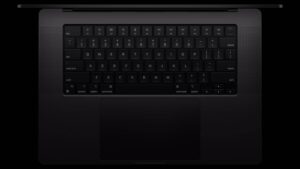Your doctor’s office could be reading your blood pressure all wrong

Many people may be surprised to learn the proper procedure for taking a blood pressure reading—because of how different it is from what happens during their doctor’s appointments.
According to the American Heart Association and other medical experts, getting an accurate reading requires following a strict set of preparations: You must not eat, drink, exercise, or smoke within 30 minutes of a reading. You must have any empty bladder. You must sit straight up in a chair with back support. Your legs must be uncrossed and your feet must be flat on the ground. The arm to be measured must be rested on a flat surface so that it is at the same level as your heart, not lower, not higher. You must sit calmly, without talking for five minutes to relax before the reading. When it’s time, an appropriately sized cuff should be wrapped around your bare upper arm, right above the elbow; it should never be wrapped over clothing. At least two readings should be taken, with the average recorded. Ideally, readings should be taken in both arms, with the highest readings recorded.
American Heart Association
Deviations from this protocol have the potential to significantly alter your blood pressure reading—and your blood pressure category. For instance, putting the blood pressure cuff over clothing can raise your reading as much as 50 mm Hg. That’s enough to make someone with early stage hypertension seem as if they’re in a hypertensive crisis, at imminent risk of a stroke or heart attack. If you have to pee, the reading can be 15 mm Hg higher. Talking can raise it by 10 mm Hg.




